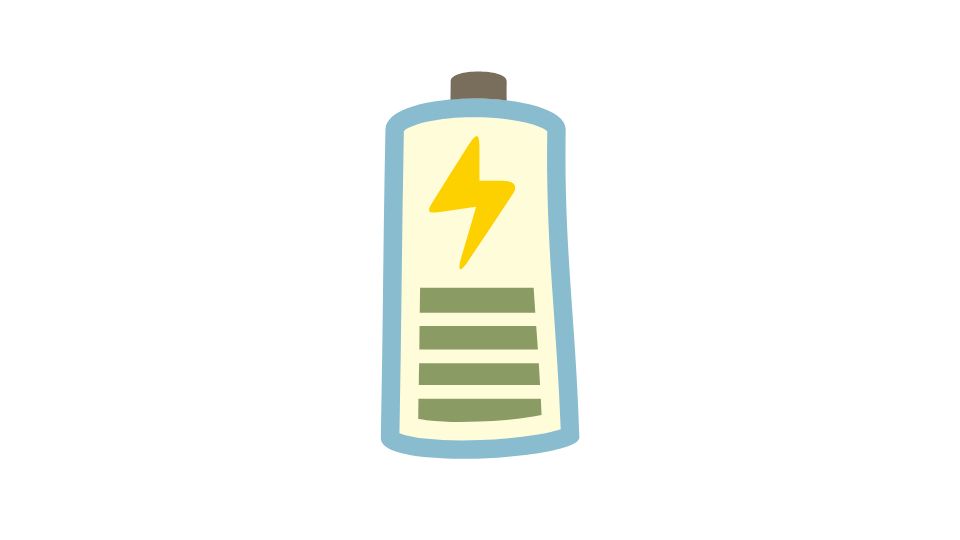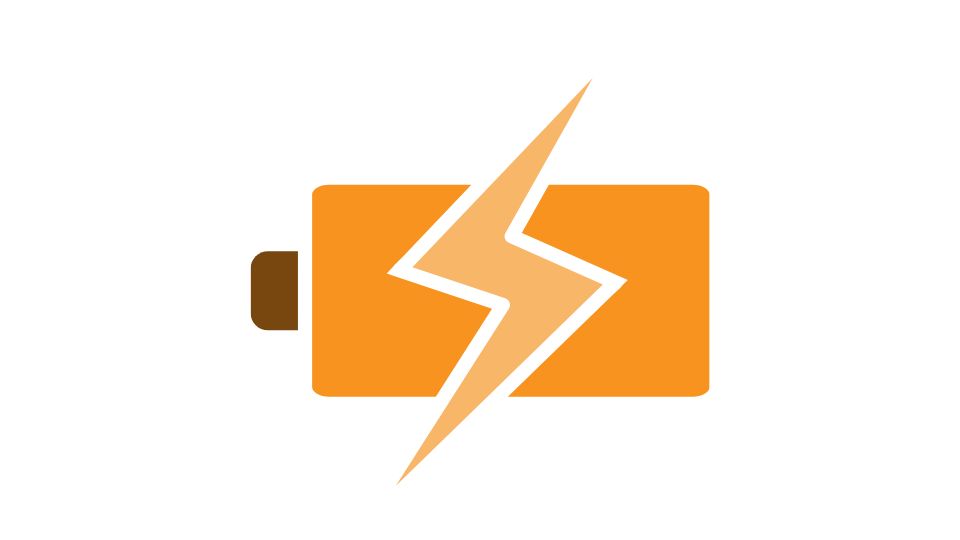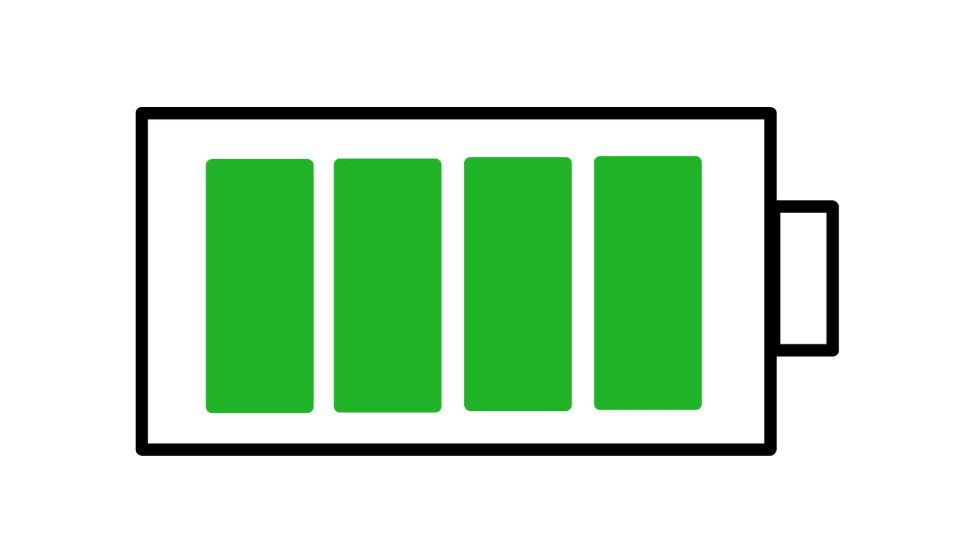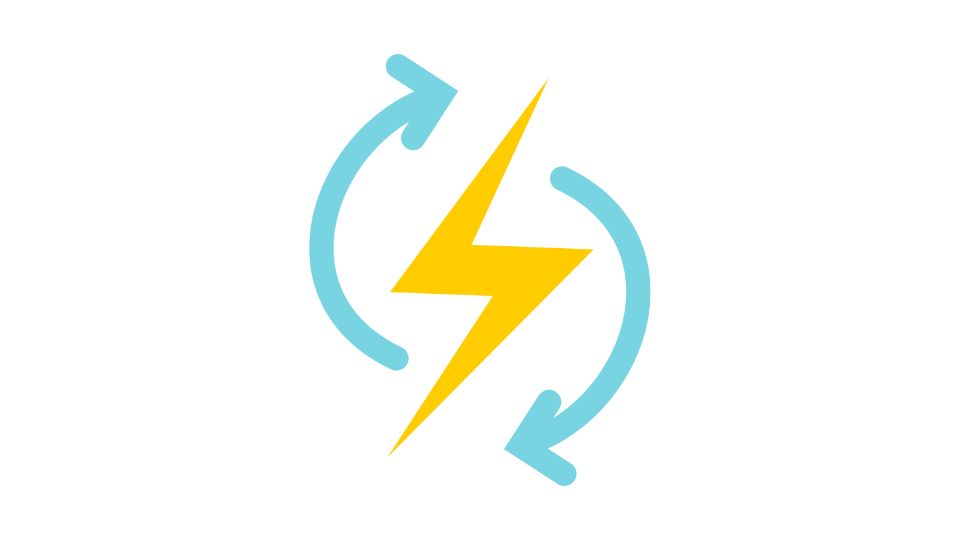Can Protein Powder Boost Your Energy Levels?

Feeling tired all the time? Struggling to get through your workouts? Protein powder might be your new best friend.
If you’re like most people, you probably think of protein powder as something only bodybuilders use to get jacked. But the truth is, protein supplements can be a serious energy booster for everyone – from athletes to office workers just trying to avoid the 3pm slump.
Research shows that protein supplements are not only safe but can significantly increase your energy levels during daily activities and workouts. One clinical study found that protein supplementation improved high-energy events by nearly 43%, increased aerobic capacity, and reduced low-energy events by at least 25% compared to control groups.
But how exactly does this work? And should you be chugging protein shakes like your gym-obsessed cousin? Let’s dig into the science.
How Protein Powder Gives You Energy
First things first – protein doesn’t work like caffeine or sugar. It’s not an instant energy hit that makes you bounce off the walls for 30 minutes before crashing.
Instead, protein powder supports your energy levels in several key ways:
Muscle Repair and Recovery

When you exercise, your muscles get tiny tears. Protein helps repair those tears, which reduces fatigue and lets you perform better next time. Think of it like fixing a car – if you repair the engine properly, it’ll run more efficiently and won’t break down as often.
Consuming protein powder before or after workouts supplies amino acids that prevent muscle breakdown and enhance recovery, leading to improved strength and endurance over time. Your body becomes more efficient at using energy, which means you feel less tired doing the same activities.
Sustained Energy Release
Unlike simple carbs that spike your blood sugar and then drop you off a cliff, protein provides a more steady energy release. This helps you avoid those energy crashes that have you reaching for your third cup of coffee by lunchtime.
Better Body Composition
More muscle and less fat = more energy. It’s that simple. Research shows that improved muscle function and body composition from protein consumption translates into increased physical energy and better performance in daily tasks.
Not All Protein Powders Are Created Equal
If you’ve ever stood in the supplement aisle staring at the wall of protein options, you know how overwhelming it can be. Let me break it down for you:
Whey Protein: The Gold Standard
Whey protein is rapidly digested and contains all essential amino acids, making it highly effective for muscle repair and energy restoration. It comes in three main forms:
- Concentrate: Lower in protein, higher in lactose and fat
- Isolate: Higher protein content, lower in lactose and fat
- Hydrolysate: Pre-digested for fastest absorption
Hydrolysate forms (WPH) are absorbed fastest and showed superior results in increasing energy metabolism and reducing body fat in weight-loss studies.
Plant-Based Options
For my vegan friends or those with dairy sensitivity, plant-based proteins like soy, pea, and rice can also provide the amino acids needed for energy support.
The catch? Some plant proteins lack certain essential amino acids unless properly combined. So if you’re going plant-based, look for blends rather than single-source proteins.
Quality Matters
The cheap stuff might save you a few bucks, but it could cost you in energy benefits. Look for products with minimal additives, no artificial sweeteners, and third-party testing for quality and purity.
Protein vs. Other Energy Sources

Let’s be clear: protein isn’t your body’s preferred quick energy source – that’s carbohydrates. But protein’s influence on energy is more indirect and potentially more valuable long-term.
While carbs provide immediate fuel (think: gasoline for your car), protein helps maintain the engine and improves its efficiency. Studies demonstrate that this support system reduces fatigue and enhances overall endurance.
Some protein products, like bars or cookies, also contain carbs that contribute to energy levels. But remember – the quality and bioavailability of these products vary widely. Not all protein bars are created equal!
Beyond Energy: Other Benefits of Protein Powder
Protein isn’t just good for keeping your energy levels up. It has several other benefits that indirectly contribute to how energetic you feel:
Weight Management
Protein helps manage weight by promoting satiety and reducing hunger, preventing energy slumps caused by blood sugar swings. Ever notice how a carb-heavy lunch makes you want to nap at your desk? A protein-rich meal can help avoid that.
Better Heart Health
Whey protein has been shown to lower blood pressure and improve glycemic control – factors that enhance cardiovascular health and energy metabolism. Better blood flow = better energy delivery throughout your body.
Improved Sleep and Digestion
Quality sleep is essential for energy, and protein can help with that too. Certain amino acids in protein support the production of sleep-regulating hormones. And good digestive health means better nutrient absorption, which powers your energy systems.
How to Use Protein Powder for Maximum Energy

Timing is everything when it comes to using protein powder for energy benefits:
Post-Workout Window
Consuming 15-25 grams of protein within an hour after vigorous exercise supports muscle repair and replenishes energy stores. This is probably the most important time to get your protein in if energy is your goal.
Pre-Workout Boost
Taking protein before exercise can provide amino acids for energy, reducing muscle protein breakdown during workouts. Try having a shake about 30 minutes before training.
Throughout the Day
Protein shakes with added carbohydrates and healthy fats can serve as balanced meals or snacks that support steady energy release throughout the day. If you’re constantly on-the-go, a well-formulated protein shake can be a lifesaver.
Is It Safe? What You Need to Know

Good news: protein supplements are generally safe when taken within recommended amounts. Clinical trials have shown no significant adverse effects on blood chemistry or vital signs.
However, there are some things to keep in mind:
- Don’t go overboard. Most people need between 1.2-2.0g of protein per kg of bodyweight daily, depending on activity level.
- Quality matters. Choose products with minimal additives and third-party testing.
- Whole foods first. Protein powders should complement a balanced diet rather than replace whole foods, which provide a wider nutrient profile important for energy.
The Bottom Line
Protein powder is good for energy because it supports muscle recovery, improves endurance, and helps reduce fatigue. While it’s not a direct source of immediate energy like carbohydrates, its role in muscle repair and recovery is key to sustained physical energy.
The best approach? Use protein powder strategically around workouts and as part of a balanced nutritional plan to optimize energy levels and improve physical performance.
So next time you’re feeling draggy, skip the sugar-loaded energy drink and reach for a quality protein shake instead. Your body (and your afternoon productivity) will thank you.
